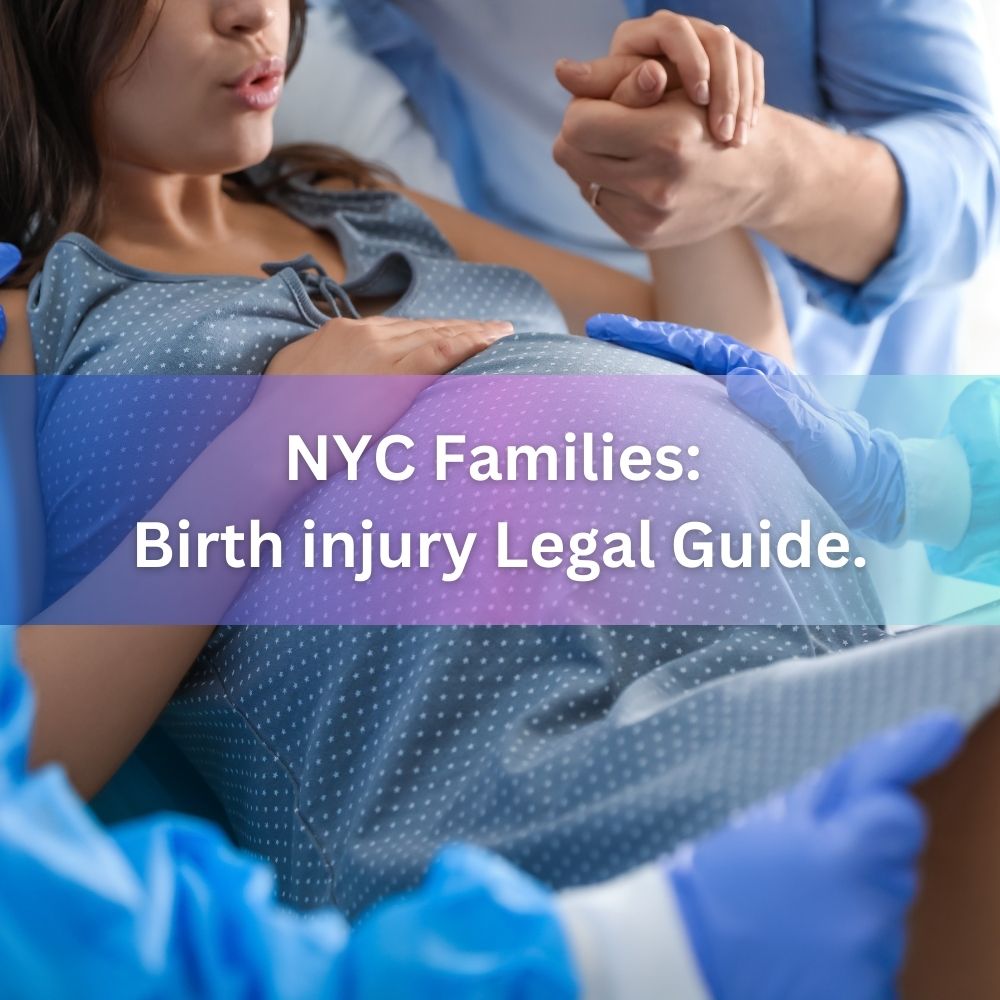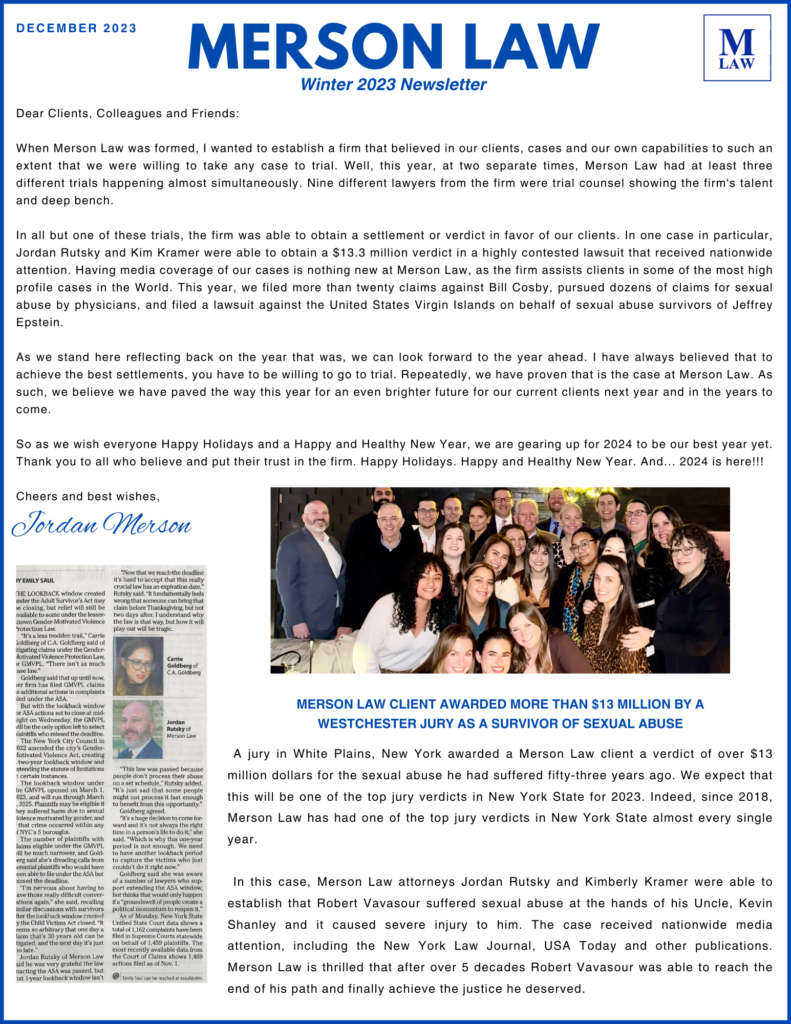The death of an infant is one of the most painful and devastating experiences a parent can experience, and a terrifying worry for many expectant parents. Infant death, while much rarer than in the past, is still extremely high in the US, in comparison to other countries, at 5.4 deaths per 1000 live births.
If you had to endure the unexpected death of an infant child, it’s certainly within reason to question whether or not something could have been done to prevent it. And if their death truly was preventable, you may be able to take legal action against your doctor or hospital.
There are many different factors that would determine whether or not you have an infant death case.
Common Causes of Infant Death
In order to pursue a case, you’ll likely need to understand what caused this wrongful death.
Common causes of infant death can vary depending on the age group and region, but some of the most common causes include:
- Congenital anomalies: Birth defects or abnormalities present at birth can lead to infant mortality. These may involve the heart, brain, lungs, or other organs.
- Preterm birth complications: Premature infants (born before 37 weeks of gestation) may face respiratory distress syndrome, infections, or other complications that can be fatal.
- Sudden infant death syndrome (SIDS): SIDS refers to the unexplained death of an apparently healthy baby, usually during sleep. The exact cause is unknown, but it’s believed to involve a combination of environmental, genetic, and developmental factors.
- Infections: Serious infections like pneumonia, sepsis (blood infection), meningitis, or other viral, bacterial, or fungal infections can be life-threatening for infants, particularly those with weaker immune systems.
- Birth-related complications: Difficulties during labor and delivery can result in oxygen deprivation, trauma, or other complications that may lead to infant death.
- Respiratory disorders: Conditions such as respiratory distress syndrome, bronchopulmonary dysplasia, or severe respiratory infections can compromise an infant’s ability to breathe properly.
- Accidents: Accidental injuries, including suffocation, choking, falls, or drowning, can occur in infants and unfortunately lead to fatalities.
- Genetic disorders: Some genetic conditions are incompatible with life or can cause severe health issues, leading to infant mortality.
- Maternal complications: Maternal health problems, such as preeclampsia, gestational diabetes, or infections during pregnancy, can contribute to infant death.
Many causes of infant death are congenital or genetic, and in many cases there is nothing any doctor could do to prevent their death. If the cause was due to a doctor performing their job in an unreasonable manner, and not because of a predisposed condition, you may be able to pursue an infant death lawsuit.
How to Know if a Death was Wrongful
Determining when the death of an infant is considered medical malpractice can be complex and depends on various factors. Medical malpractice refers to the negligence or failure of a healthcare professional to provide an accepted standard of care, resulting in harm or death to a patient. Here are some situations where the death of an infant might be considered medical malpractice:
- Failure to diagnose or treat a condition: If a healthcare provider fails to diagnose or appropriately treat a medical condition in an infant, such as an infection, congenital anomaly, or respiratory disorder, and it directly leads to the infant’s death, it could be considered medical malpractice.
- Medication errors: Administration of the wrong medication, incorrect dosage, or failure to monitor a baby’s response to medication can be considered medical malpractice if it leads to the infant’s death.
- Surgical errors: If an infant undergoes surgery, and an error occurs during the procedure or in the postoperative care that directly causes the infant’s death, it may be considered medical malpractice.
- Inadequate prenatal care: If a healthcare provider fails to provide proper prenatal care, such as not identifying and managing high-risk conditions or not monitoring the health of the mother and fetus adequately, resulting in harm or death to the infant, it can be considered medical malpractice.
- Failure to recognize and respond to fetal distress: During labor and delivery, healthcare providers must closely monitor the baby’s condition. If they fail to recognize signs of fetal distress or do not take appropriate action in a timely manner, resulting in the death of the infant, it may be considered medical malpractice.
Establishing medical malpractice requires a thorough investigation, expert opinions, and evidence demonstrating that the healthcare provider deviated from the accepted standard of care, and that this deviation directly caused the infant’s death. Medical malpractice cases can be complex and require legal expertise to evaluate and pursue. If you suspect medical malpractice, it’s advisable to consult with a qualified attorney who specializes in medical malpractice cases to discuss the specific details and circumstances of the situation.
It’s hard to say much else without knowing the specifics of your case. We hope you are merely reading this for educational purposes, and not because this is information you need immediately. However, if you had the misfortune of losing your infant child and suspect medical negligence or malpractice, you can contact the medical malpractice lawyers here at Merson Law.
Get an initial case evaluation by calling our office or filling out our contact form.







